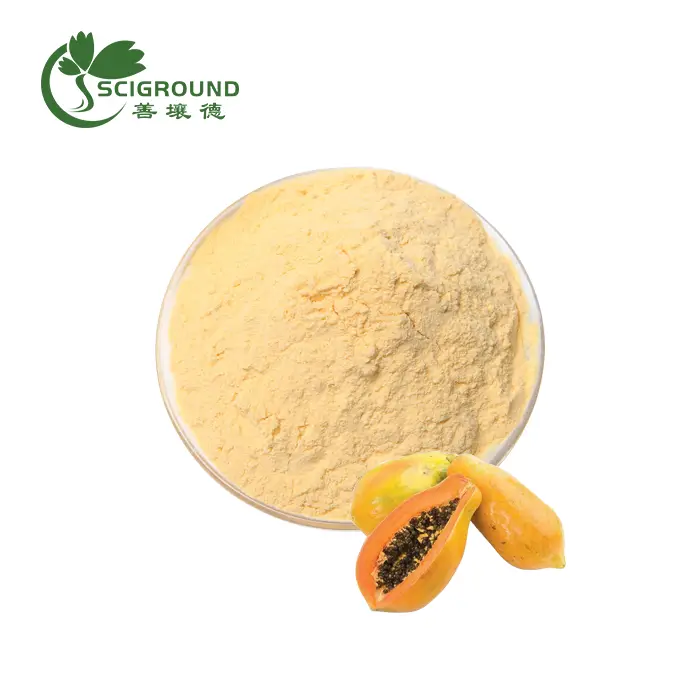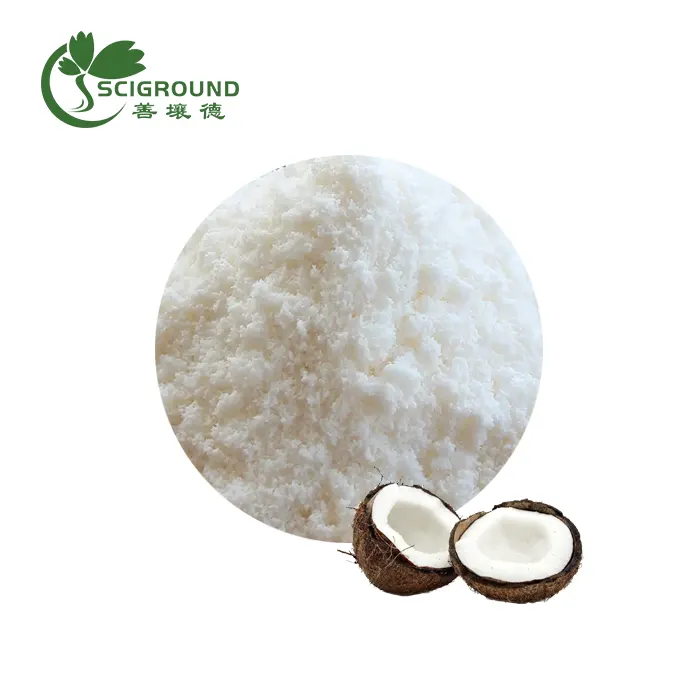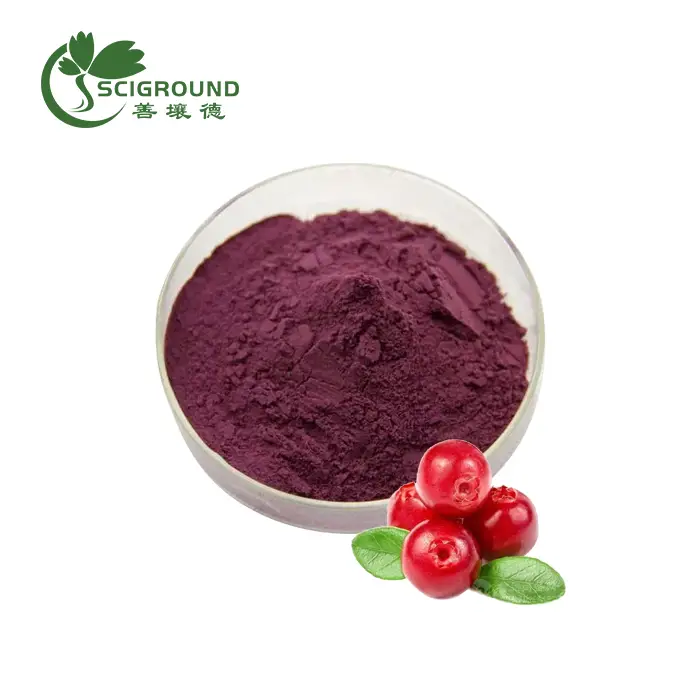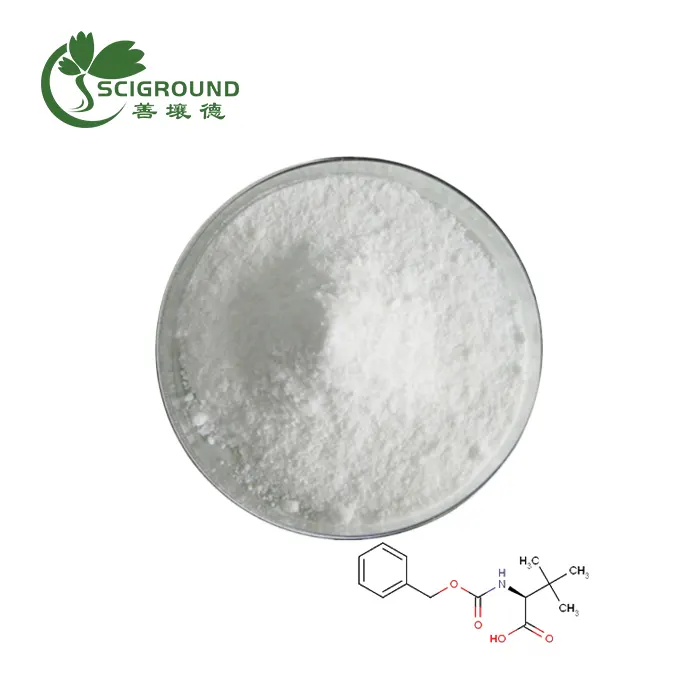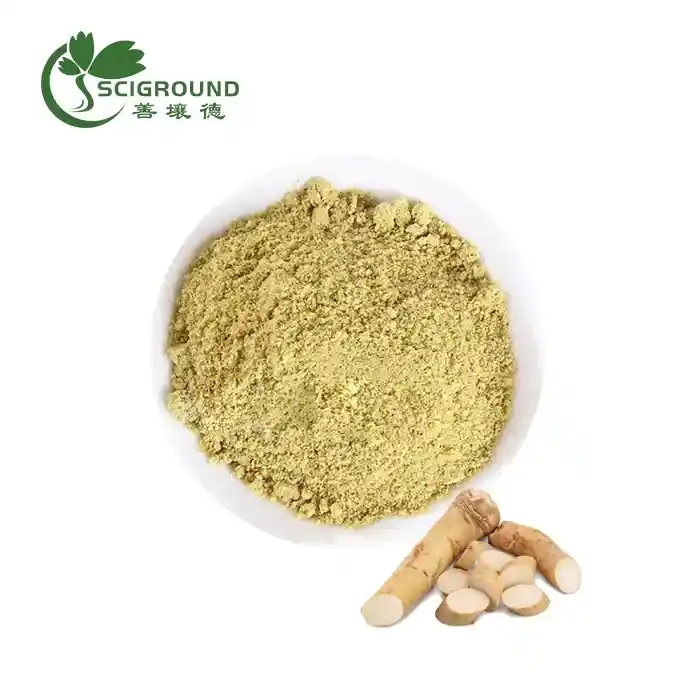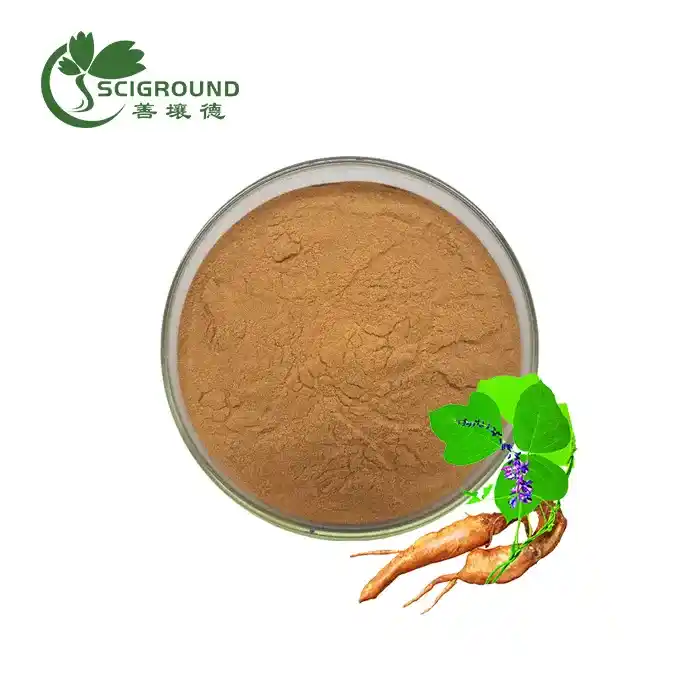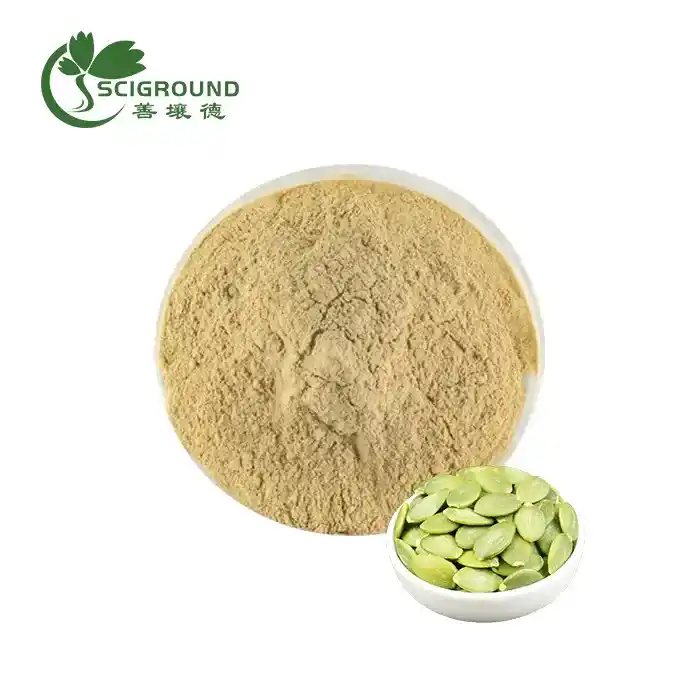Medicinal Value of Corn Silk
What is corn silk?
Corn silk refers to the fine, hair-like strands growing off the cob of corn. It is sometimes called maysin. Botanically speaking, the silk is the stigma of the corn plant. It catches pollen to fertilize the corn kernels. The corn silk is typically discarded as a waste product, but it has a long history of use in traditional medicine systems.
In terms of appearance, corn silk powder consists of thin, thread-like yellowish to light brown strands about 5-10 cm long. The texture is soft and fibrous. Corn silk attaches to each kernel of corn, capturing pollen and allowing fertilization to occur. Once the corn ear fully develops, the silk dries out and can be removed and collected for use. The highest quality corn silk is manually harvested just before pollination when the strands are still fresh, pliable and replete with phytochemicals.
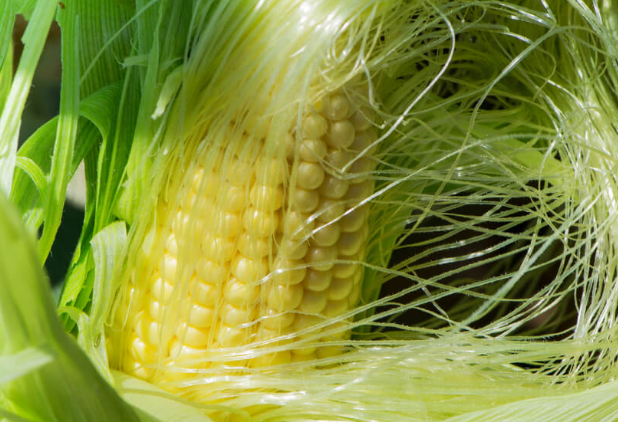
What nutrients are in corn silk?
Corn silk contains a range of beneficial plant compounds like flavonoids, alkaloids, phytosterols and saponins. It also provides vitamin K, calcium, potassium, magnesium, and phosphorus. The main phytochemicals identified in corn silk include maysin, rutin, kaempferol and quercetin. These plant chemicals give corn silk its nutritional and potential therapeutic properties.
Some of the key nutrients and compounds found in corn silk include:
Flavonoids - Phenolic compounds like maysin, rutin, and quercetin that exhibit antioxidant, anti-inflammatory, and vasorelaxant effects. They account for much of corn silk's bioactivity.
Alkaloids - Plant-derived nitrogenous compounds like hordenine and nicotinic acid with pharmacological effects.
Phytosterols - Steroid-like chemicals like sitosterol that may lower cholesterol and modulate immunity.
Saponins - Glycosides that provide antioxidant and anti-diabetic effects.
Vitamin K - Important for blood clotting and bone health. Corn silk provides modest amounts.
Calcium - A mineral essential for bone, muscle, nerve function. Corn silk contains moderate calcium levels.
Potassium - An electrolyte and mineral vital for fluid balance, nerve transmission, and blood pressure.
Magnesium - Involved in over 300 enzymatic reactions in the body. Corn silk provides small amounts.
Phosphorus - Works closely with calcium for bone formation and kidney function. Also present in corn silk.
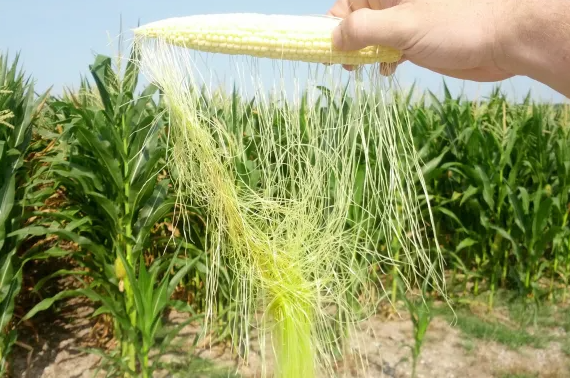
Can you eat corn silk?
Corn silk powder is edible and can be consumed in small amounts if properly prepared. It has a slight sweet, corn-like taste. However, fresh corn silk is fibrous and not particularly pleasant to eat in large quantities raw. For this reason, corn silk is better utilized in supplemental forms like teas, tinctures, and extracts.
The traditional way of preparing corn silk is through decoction - essentially boiling the dried silk to extract its beneficial compounds. This corn silk tea can be consumed in moderation. Alternatively, alcohol or water extractions can produce concentrated corn silk tinctures and liquid extracts. Only fresh corn silk or properly dried material should be used to make corn silk products.
Who shouldn't eat corn silk?
For most healthy adults, corn silk is likely safe when consumed occasionally in normal food amounts or taken short-term as a supplement. However, the following groups should exercise caution with corn silk:
Pregnant or breastfeeding women - Safety during pregnancy is unknown due to lack of research. Avoid to be cautious.
Children - Proper dosing has not been established for pediatric use. Best avoided.
Individuals with corn allergies - Cross-reactivity can occur. Those with corn allergies may experience an allergic reaction to corn silk.
Diabetics - Compounds in corn silk may lower blood sugar. Diabetics should monitor glucose closely and adjust medications if needed.
Those on lithium therapy - Corn silk may interact with lithium. Consult a pharmacist first.
Those with upcoming surgery - Corn silk may increase bleeding risk by inhibiting clotting. Stop taking at least 2 weeks before surgery.
When in doubt, it is best to consult your healthcare provider before taking corn silk. They can screen for drug interactions and contraindications. While generally well-tolerated, corn silk may not be appropriate for everyone. Caution is advised.
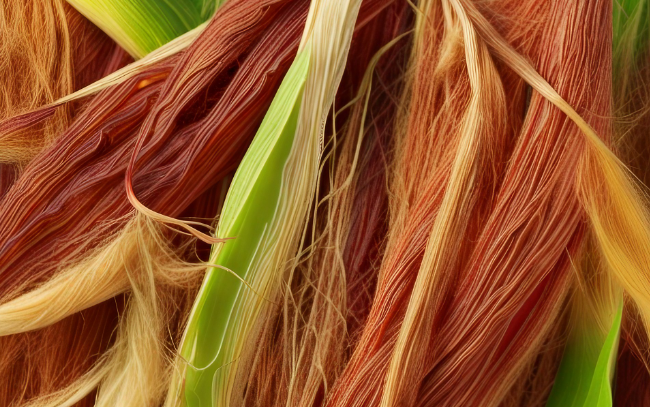
What are the health benefits of corn silk?
Throughout history, corn silk extract powder has been used traditionally as a remedy for a wide range of conditions. Here is a look at some of the current research on corn silk's potential health benefits:
Urinary Tract Health
Several studies indicate corn silk may help soothe urinary inflammation and irritation. It appears to act as a diuretic to increase urine flow while also providing antiseptic effects in the urinary system. According to research:
Corn silk reduced bladder inflammation in rats and enhanced the animals' urine output, suggesting diuretic and anti-inflammatory properties (Liu et al, 2013).
Compounds isolated from corn silk exhibited antimicrobial activity against several bacterial strains that can cause UTIs (Qadir et al, 2021).
Corn silk extract improved benign prostatic hyperplasia symptoms related to frequent and difficult urination in human subjects (Ghorbanibirgani et al, 2013).
Corn silk polysaccharides demonstrated protective effects in the kidneys of diabetic rats, possibly by lowering inflammation and oxidative stress (Zhao et al, 2012).
Kidney Stones
Preliminary studies indicate that compounds in corn silk may aid in preventing kidney stones. Corn silk appears to do this by lowering urinary concentrations of stone-forming minerals and increasing urine volume:
An animal study showed corn silk extract reduced kidney stone incidence by decreasing calcium oxalate deposition and enhancing antioxidant activity (Madhukar et al, 2017).
According to one report, corn silk alkaloids inhibited calcium oxalate crystal formation in vitro (Grases et al, 1994).
Research also found corn silk polysaccharides could reduce calcium oxalate aggregation in lab tests (Feng et al, 2013).
Prostate Health
A few studies have investigated the traditional use of corn silk for prostate issues. The data shows some promise in using corn silk to relieve urinary symptoms associated with benign prostatic hyperplasia (BPH):
A trial giving 200-300 mg/day of corn silk extract for 4 weeks reduced symptoms like frequent urination in men with BPH compared to placebo (Ghorbanibirgani et al, 2013).
Animal research also indicates corn silk may inhibit prostate growth. A rat study showed corn silk extract suppressed prostate enlargement by regulating androgen hormones (Cho et al, 2004).
Liver Health
The antioxidant and anti-inflammatory activity of corn silk constituents may also benefit liver health:
One study in rats showed pre-treatment with corn silk extract for 10 days protected against liver injury from paracetamol overdose by reducing oxidative stress and necrosis (Anwar et al, 2016).
Another rat study using corn silk polysaccharides found reduced liver cholesterol and triglyceride levels as well as enhanced antioxidant enzyme activity compared to controls (Zhao et al, 2013).
Blood Sugar Control
A few animal and lab studies suggest certain compounds in corn silk may aid glycemic control and insulin secretion:
Flavonoids isolated from corn silk were shown to stimulate insulin secretion from pancreatic beta cells in vitro (Li et al, 2012).
Polysaccharides from corn silk lowered blood glucose in diabetic mice and protected insulin-producing cells, perhaps by enhancing cell proliferation and survival (Zhou et al, 2019).
Corn silk extracts also inhibited the digestive enzyme alpha-glucosidase in lab tests, indicating potential to control blood sugar spikes (Wang et al, 2012).
Cholesterol
Research shows the phytosterols found in corn silk, such as sitosterol, may mimic cholesterol-lowering effects in the body:
An analysis of corn silk found it contains around 335-6579 mg/kg of total phytosterols depending on the extraction method, including sitosterol, campesterol, and stigmasterol (Wei et al, 2007).
Multiple studies demonstrate phytosterols can significantly lower LDL and total cholesterol levels by reducing intestinal cholesterol absorption.
Anti-Fatigue
A couple of studies note corn silk polysaccharides may have anti-fatigue effects during exercise. However, both involved mice:
One trial showed corn silk polysaccharides increased swimming endurance in mice by 21-45% compared to controls. Biomarkers related to fatigue and muscle damage were also reduced (Li et al, 2014).
Another study found 250-500 mg/kg of corn silk polysaccharides increased exhaustive swimming time in mice by 7-22% compared to saline treatment (Sun et al, 2017).
Antioxidant
The flavonoids in corn silk, including maysin, rutin, and quercetin, demonstrate antioxidant properties in lab tests which could benefit health:
Corn silk extracts displayed strong antioxidant activity and were able to scavenge free radicals like DPPH in vitro (Maksimovic et al, 2011).
Maysin isolated from corn silk inhibited ROS production and apoptosis in human breast cancer cells induced by oxidative stress (Kim et al, 2010).
The flavonoids rutin and quercetin inhibited lipid peroxidation in lab experiments, indicating corn silk's antioxidant potential (Pietta et al, 2000).
What are the benefits of boiled corn silk tea?
One traditional way of using corn silk is in a boiled tea or decoction. To make corn silk tea, the dried silk can be boiled in water for 5-10 minutes then strained. This extracts beneficial compounds from the corn silk into the water.
Corn silk tea has been used as a folk remedy for various purposes, including:
Treating UTIs, kidney stones, and bladder discomfort - Compounds in the tea may soothe urinary inflammation and infection. But clinical evidence is lacking.
As a diuretic - Chemicals in corn silk tea may increase urine flow and promote the elimination of excess water.
To lower blood sugar - Some initial studies show corn silk may aid glycemic control, but human confirmation is needed.
Reducing inflammation - Antioxidant and anti-inflammatory compounds in the tea could decrease swelling, but more research is required.
Aiding digestion - Anecdotal reports suggest corn silk tea enhances digestion, but no quality studies have confirmed this effect yet.
However, there is currently insufficient clinical evidence to rate the efficacy of corn silk tea for any condition. Traditional use shows promise, but more research is needed.
Can I drink corn silk tea everyday?
There are no formal guidelines on the recommended dosage for corn silk tea. Most traditional sources suggest limiting intake to 1-2 cups per day maximum. Drinking more than this amount is not advised due to lack of safety data.
Consuming high doses of corn silk tea on a regular basis may increase the risk of side effects or interactions. The long-term safety of drinking corn silk tea daily or continuously has not been established. For these reasons, it is best to use corn silk tea in moderation.
Speak to your doctor to get personalized dosage advice if you plan on drinking corn silk tea regularly. Be sure to mention any medications or medical conditions. Monitoring your health while using corn silk is also recommended. And stop use immediately if any adverse effects develop.
How does corn silk help the kidneys?
Here is an overview of how corn silk may benefit kidney health according to preliminary research:
Diuretic Effects
Compounds in corn silk appear to have diuretic properties that increase urine output. This helps flush the kidneys to prevent fluid and waste buildup.
Anti-Inflammatory Action
Corn silk contains flavonoids and other antioxidants that reduce inflammation. This may protect kidney tissue and cells from damage caused by inflammatory processes.
Preventing Kidney Stones
Constituents in corn silk, like flavonoids, may decrease mineral precipitation and crystal formation - mechanisms involved in kidney stone development.
Antimicrobial Properties
Extracts of corn silk demonstrate antibacterial effects against common urinary pathogens. This could prevent and treat infections in the kidneys and urinary tract.
However, substantially more clinical research is needed to verify the use of corn silk for supporting kidney health in humans. Consult a nephrologist before trying.
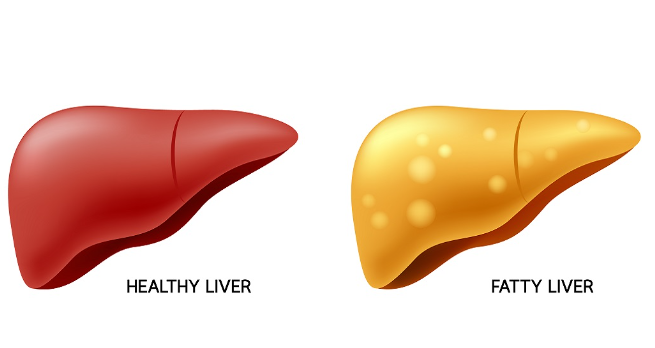
Is corn silk good for fatty liver?
A handful of preliminary studies in animals suggest corn silk may protect against non-alcoholic fatty liver disease:
One study showed giving corn silk polysaccharides reduced liver lipids and fat droplet accumulation in diet-induced obese mice (Cui et al, 2018).
Similarly, diabetic mice fed corn silk extract had lower liver cholesterol and less macrovesicular steatosis compared to controls (Zhao et al, 2013).
Researchers theorize antioxidant compounds like flavonoids in corn silk inhibit lipid oxidation and hepatic cell apoptosis, while reducing inflammation in the liver as well.
However, no quality human trials have evaluated the ability of corn silk supplements to prevent or treat fatty liver disease yet. More research is warranted to make conclusions. Those with liver conditions should not self-treat with corn silk.
Is corn silk used for diabetes?
Traditionally, corn silk tea and extracts have been used as a natural remedy for controlling blood sugar in diabetes. A few modern studies provide some preliminary support for this practice:
An analysis of corn silk found it contains flavonoids that increased insulin secretion from pancreatic beta cells in the lab (Li et al, 2012).
One study reported corn silk polysaccharides reduced blood glucose levels in diabetic mice and protected insulin-producing cells from apoptosis compared to controls (Zhou et al, 2019).
Extracts of corn silk showed alpha-glucosidase inhibitory activity in vitro, suggesting they may delay carbohydrate digestion to lower blood glucose spikes (Wang et al, 2012).
However, the current human evidence is considered weak for recommending corn silk for glycemic control in diabetics. High quality clinical trials are still needed to establish efficacy and proper dosing. Those with diabetes should not attempt to self-treat with corn silk without medical guidance.
In summary, corn silk is a natural ingredient that shows promise based on some preliminary research. However, considerably more clinical evidence is still required to confirm many of its purported medicinal uses. Always exercise caution with using corn silk and consult a doctor to avoid potential side effects or drug interactions. While initial results are interesting, corn silk cannot yet be recommended to prevent or treat any condition at this time.
References:
Liu J, et al. The protective effects of corn silk maysin on chronic bacterial prostatitis in rats. Phytother Res. 2013.
Qadir MI, et al. Ethnomedicinally used plant Corn Silk (Zea mays L.) inhibits the growth of pathogenic bacteria: Characterization of active phytoconstituents through GC-MS. PLoS One. 2021.
Ghorbanibirgani A, et al. The efficacy of stinging nettle (Urtica dioica) in patients with benign prostatic hyperplasia: A randomized double-blind study in 100 patients. Iran Red Crescent Med J. 2013.
Zhao R, et al. Protective effect of corn silk polysaccharides on STZ-induced oxidative stress in rats. Carbohydr Polym. 2012.
Madhukar M, et al. Study of diuretic and antiurolithitic activity of aqueous and alcoholic extract of Corn silk (Zea mays L) against Euphorbia prostrata induced urolithiasis. Int J Green Pharm. 2017.
Grases F, et al. Urolithiasis and phytotherapy. Int Urol Nephrol. 1994.
Feng S, et al. Chemical characteristic and antilithiatic effect of corn silk polysaccharides. Carbohydr Polym. 2013.
About Author

Celine Xu is a botanist with over 15 years of experience researching and developing plant extracts for nutritional and pharmaceutical applications. She leads an R&D team focused on identification, cultivation and extraction of medicinal plants. Celine Xu earned a Ph.D. in Plant Biology has authored numerous articles in peer-reviewed journals about the health benefits of specific phytochemicals. She frequently speaks at industry conferences about new developments in plant extract research. Celine Xu is dedicated to advancing the scientific understanding of how targeted plant compounds can be used to improve human health.
Related Industry Knowledge
- What is Nymphaea alba flower extract?
- What is Artemisia annua extract in skincare?
- What are the side effects of Polygala root?
- Is it safe to take cordyceps everyday?
- Is Pea Protein Gluten Free?
- Puerarin Extract: Unlocking the Potential of Nature's Gift
- Is Oat Protein Powder the Future of Plant-Based Protein Supplements?
- Butcher's Broom Extract Benefits
- Unlocking the Health Benefits of Puerarin Powder
- Corydalis Rhizome Extract: Benefits, Safety, and Dosage
